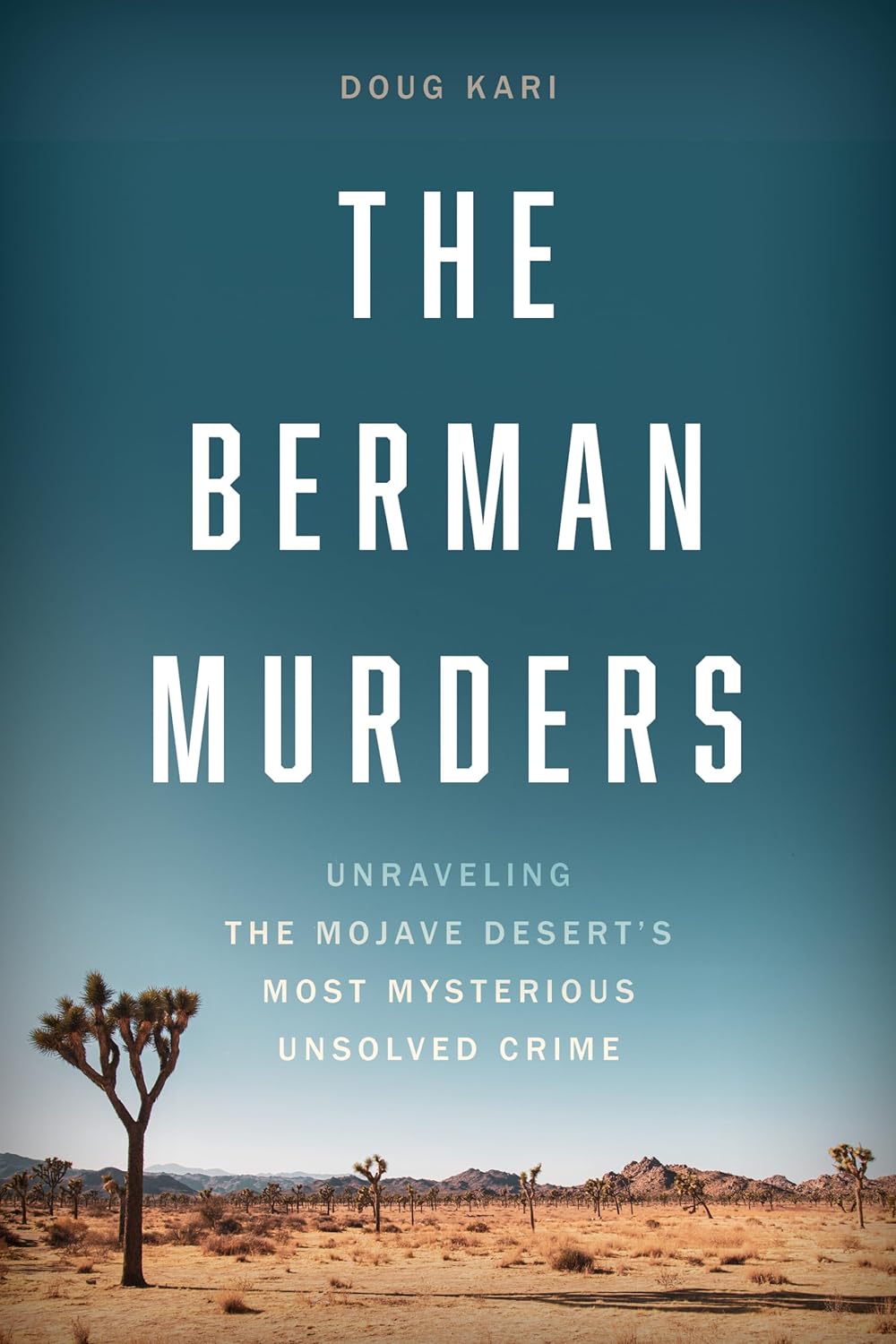Do you want to host a wine-tasting event? With so many people planning similar events, you must find a way to make yours unique and memorable. Your guests will certainly enjoy drinking wine, but you must plan effectively to meet the expectations of the guests you invite to the party. Whether you are a seasoned wine enthusiast or a novice, here are essential tips for hosting a perfect event.
1. Select a Theme
Themed parties are great since they create a unique experience for both hosts and guests. Therefore, planning a themed event is one of the simple tips to make your wine-tasting party stand out. Besides, the overall theme will guide you and other service providers, such as venue decorators, during the planning phase. Therefore, you should not rush when selecting a theme because it is the backbone of the event. A secret to choosing the right theme is making the guests the center of the event, determining what they will likely enjoy, and striving to meet their expectations. With the needs of your guests in mind, you can easily get quality wines that best fit your event.
2. Curate a Diverse Selection of Wines
Wine tasting involves guests sampling diverse wine collections and comparing aroma and taste. Therefore, the event can only be successful if you provide a variety of wines, preferably from different sources. Ideally, you need to have a few bottles of expensive wines so that the guest can have a chance to compare and contrast the affordable alternatives to the premium ones. Besides, you should include white, red, and sparkling options. Remember that some guests attending your event will search for wines they can use at home or for an upcoming party or celebration. It is, therefore, essential to provide diverse wine collections.
3. Provide Adequate Glassware and Accessories
A wine-tasting is an elegant activity that should make guests feel like royalty. However, to achieve this, you must consider the type of glassware and accessories they will use; these will be the first things your guests see. The accessories should ooze elegance and royalty, giving the event a positive vibe. Remember that everything you will be using counts, from the glasses and the corkscrew to the aerator, decanter, and wine stopper. Therefore, consider the quality and visual appeal when choosing these accessories.
4. Offer Guidance and Education
While many people have heard of wine and have tasted it, very few are knowledgeable on this subject. Therefore, you should enlighten your guests about wines and make your event educational. You can provide informative wine-tasting notes briefly describing each wine and its origin. If you are up for it, you can take your event a notch higher by inviting a professional in a live video call to guide you and your guests through the various wine selections. Create an atmosphere where the guests can ask questions without feeling awkward or out of place.
5. Pair With Complementary Foods
A common dilemma people hosting a wine-tasting party face is whether to serve a full-sit-down meal. Most guests at a wine-tasting event do not plan to eat, but the event might seem odd without something for the guests to eat. Consider serving small appetizers or complementary foods such as cheese, charcuterie, deviled eggs, and bruschetta. An important reminder when selecting complementary food is to pick the ones that pair well with the variety of wines you plan to serve.
A perfect wine-tasting party requires you to pay attention to details and plan carefully. You should also consider the needs and expectations of your guests and use these simple tips to improve their experience. A great wine event will make guests appreciate wine and want to explore further.












